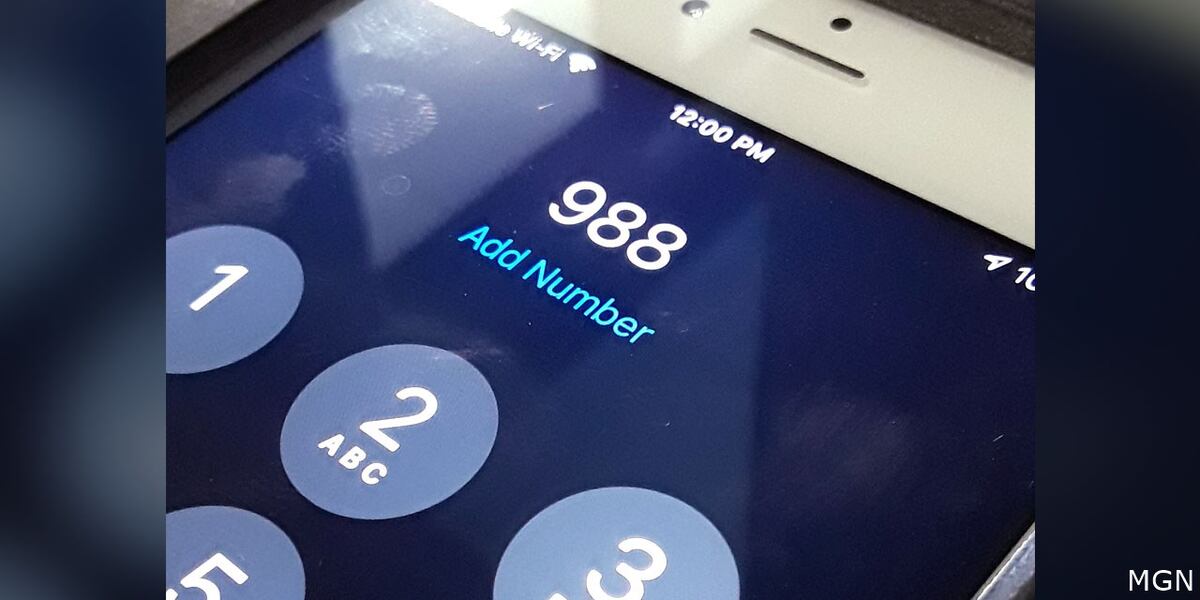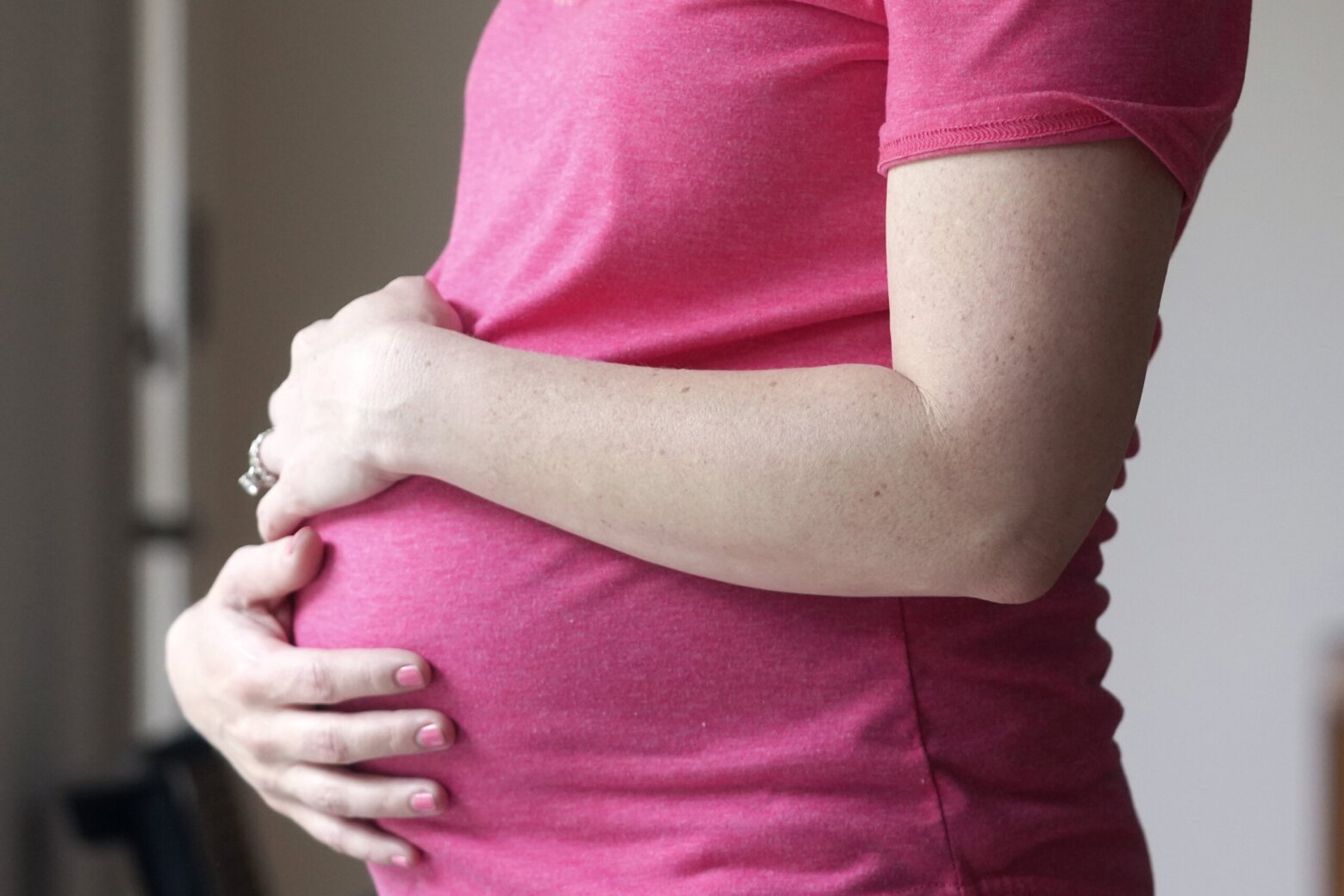Protecting LGBTQ+ Youth: Lawmakers Urge HHS to Safeguard 988 Crisis Services

A coalition of concerned lawmakers is calling on Health and Human Services (HHS) Secretary Robert F. Kennedy Jr. to protect vital crisis intervention services for LGBTQ+ youth. Their plea comes in response to potential budget cuts that could severely impact the specialized support offered through the 988 Suicide & Crisis Lifeline, specifically tailored to address the unique challenges faced by young LGBTQ+ individuals.
The 988 Lifeline, launched nationally in 2022, provides a crucial lifeline for anyone experiencing a mental health crisis. However, recognizing the disproportionate rates of mental health struggles and suicide attempts among LGBTQ+ youth, dedicated programming and trained counselors specializing in LGBTQ+ issues have been implemented. These specialists understand the nuances of identity, discrimination, and societal pressures that contribute to the mental health needs of this vulnerable population.
The lawmakers' letter expresses deep concern that proposed budget cuts, part of a broader effort to streamline government spending, could lead to the elimination or significant reduction of these essential LGBTQ+-specific services. They argue that dismantling this specialized support would be a devastating setback for LGBTQ+ youth already facing significant challenges. Data consistently shows that LGBTQ+ youth are at a higher risk for depression, anxiety, self-harm, and suicidal ideation compared to their heterosexual and cisgender peers. This disparity is often linked to factors like stigma, discrimination, lack of acceptance, and experiences of bullying.
“Cutting these services isn’t just about saving money; it’s about potentially costing lives,” stated Representative Sarah Miller, a lead author of the letter. “The 988 Lifeline’s LGBTQ+ programming provides a safe and affirming space for young people to reach out for help when they’re struggling. Removing that support would leave many feeling isolated and without resources during times of crisis.”
The letter emphasizes the importance of maintaining funding for crisis counselors trained in LGBTQ+ competency, culturally responsive care, and trauma-informed practices. It also highlights the need for ongoing data collection and analysis to understand the specific mental health needs of LGBTQ+ youth and to ensure that services are effectively meeting those needs. Furthermore, the lawmakers urge Secretary Kennedy Jr. to prioritize the well-being of vulnerable populations, particularly those facing systemic discrimination and marginalization.
The request comes at a critical time, as LGBTQ+ youth continue to navigate a complex and often hostile social landscape. The lawmakers hope that their concerns will be taken seriously and that the HHS will prioritize the preservation of these life-saving services. The letter concludes with a call for a meeting to discuss the matter further and to explore alternative solutions that protect both the budget and the mental health of LGBTQ+ youth.
The future of this vital support system hangs in the balance, and the outcome will have a direct impact on the lives of countless LGBTQ+ youth across the nation. The fight to protect these services underscores the ongoing need for advocacy and awareness surrounding the mental health challenges faced by the LGBTQ+ community.






